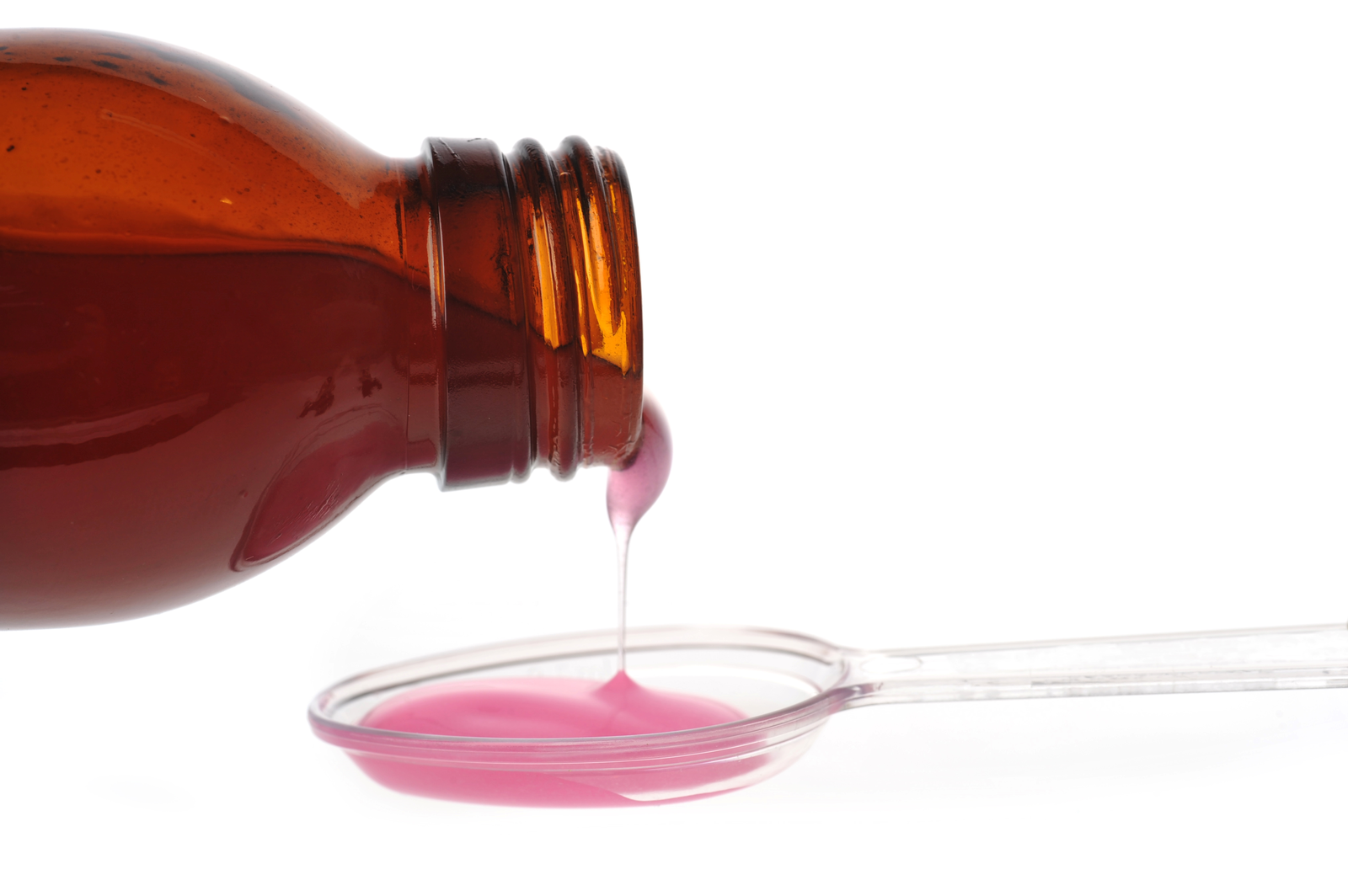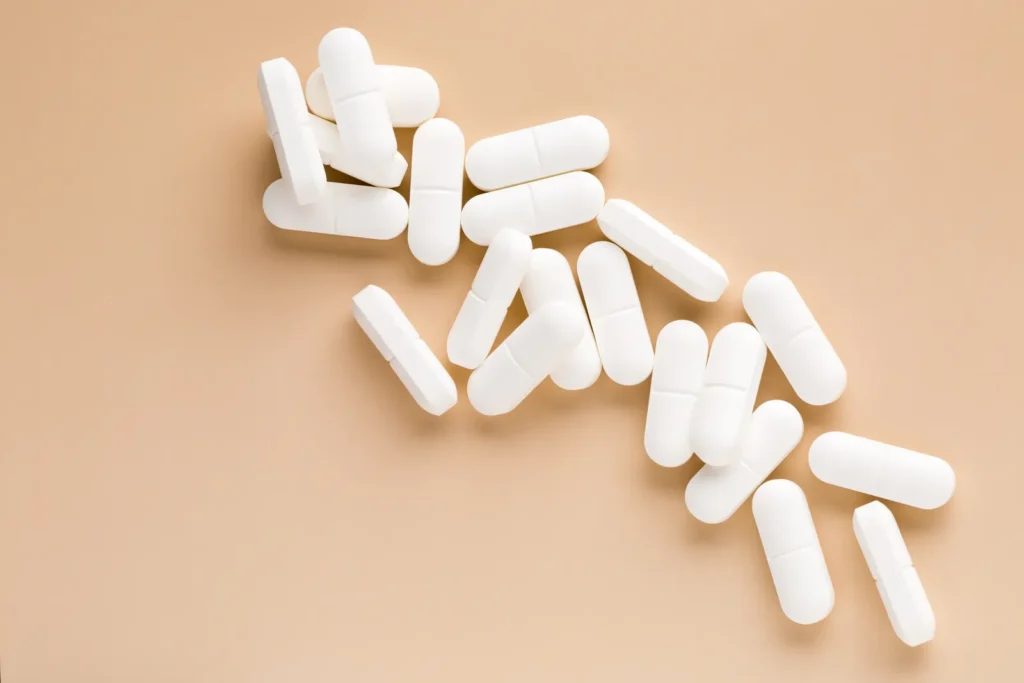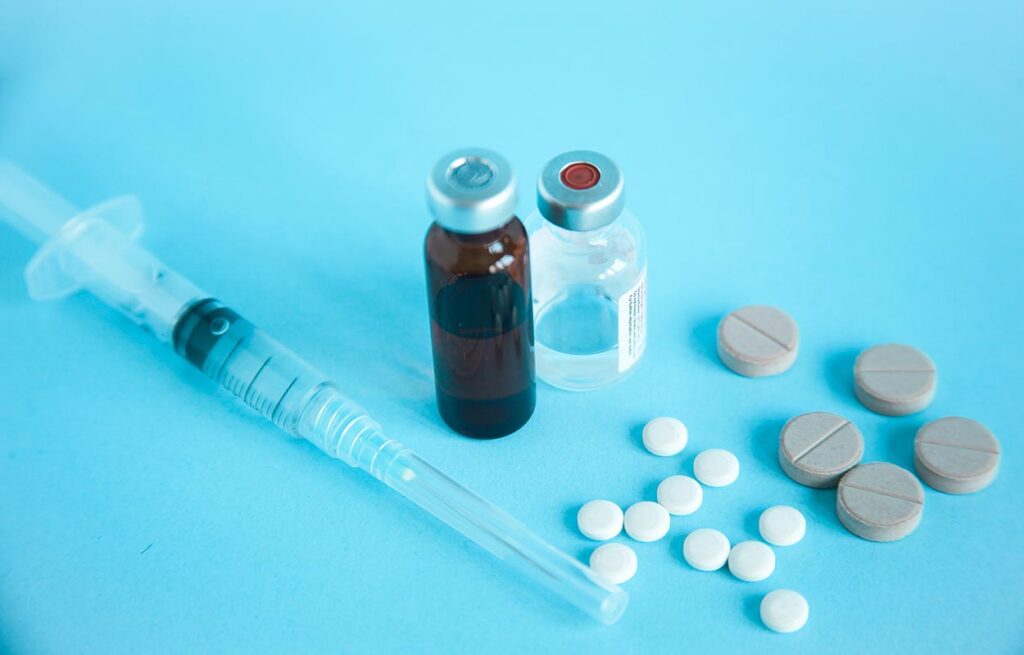Can You Overdose on NyQuil? Here’s What You Need To Know

Taking too much NyQuil can lead to severe health complications and potentially fatal overdose. This over-the-counter medication contains multiple active ingredients, including acetaminophen, dextromethorphan, and doxylamine succinate, which each carry distinct risks when taken in excessive amounts. Understanding safe dosing and recognizing overdose symptoms is crucial for preventing dangerous outcomes.
Key Points
- Each dose of NyQuil contains three active ingredients – acetaminophen, dextromethorphan, and doxylamine succinate – that work together to relieve cold and flu symptoms.
- Common side effects of NyQuil include drowsiness, dizziness, dry mouth, and potential morning grogginess that can affect daily activities.
- Taking too much NyQuil can cause life-threatening complications, including severe liver damage from acetaminophen toxicity, dangerous heart rhythm changes, and potential coma.
- Signs of NyQuil overdose include extreme drowsiness, confusion, shallow breathing, cold skin, nausea, seizures, and loss of consciousness.
- Immediate emergency care is essential for NyQuil overdose, requiring hospital treatment that may include activated charcoal, N-acetylcysteine, and careful monitoring for developing complications.
What is NyQuil?
NyQuil is a widely used over-the-counter medication to relieve multiple cold and flu symptoms, including cough, congestion, fever, and body aches.[1] The medication combines three main active ingredients: acetaminophen for pain relief and fever reduction, dextromethorphan to suppress coughs, and doxylamine succinate as an antihistamine to reduce nasal congestion and help with sleep.
The brand was first introduced by Vicks in 1966 and has since become a household name in cold and flu treatment.[2] NyQuil comes in several formulations, including liquid, capsule, and liquid-filled gel capsules. The “Ny” in NyQuil refers to its nighttime use, as the medication often causes drowsiness due to its antihistamine component.
While effective for short-term symptom relief, NyQuil is meant for temporary use and should be taken according to package directions. The medication can interact with other drugs, particularly other acetaminophen-containing products, antidepressants, and alcohol. People with certain medical conditions, such as liver disease, high blood pressure, or glaucoma, should consult healthcare professionals before using NyQuil.
What Can NyQuil Help With?
NyQuil combines multiple ingredients that work together to address common cold and flu symptoms, providing nighttime relief when illness disrupts sleep:[3]
- Nasal congestion and sinus pressure: The antihistamine component helps reduce stuffiness and sinus discomfort, making breathing easier during sleep.
- Persistent coughing: The dextromethorphan acts as a cough suppressant, helping to quiet both dry and wet coughs that can interrupt rest.
- Fever and body aches: Acetaminophen lowers body temperature and relieves general pain associated with colds and flu.
- Runny nose and sneezing: The antihistamine properties help dry up excessive nasal secretions and reduce sneezing fits.
- Sleep difficulties due to cold symptoms: The sedating effects of doxylamine succinate can help people fall asleep more easily when fighting a cold or flu.
Does NyQuil Have Side Effects?
Even when taken as directed, NyQuil can cause several side effects that range from mild to more severe. While not everyone experiences these effects, it’s important to be aware of potential reactions to the medication.
The most common side effects stem from the antihistamine component, which can cause significant drowsiness and dizziness.[4] This drowsiness can persist the following morning, potentially affecting activities like driving or operating machinery. Some people also experience dry mouth, blurred vision, or difficulty urinating.
The acetaminophen in NyQuil may cause liver problems when taken in large amounts or combined with other acetaminophen-containing products.[5] Additionally, some people report stomach upset, nervousness, or mild confusion. Elderly people may be more sensitive to these effects and should exercise particular caution.
More serious side effects, though rare, can include rapid heart rate, severe dizziness, anxiety, or allergic reactions.[6] Anyone experiencing these severe reactions should seek immediate medical attention. It’s also crucial to note that consuming alcohol while taking NyQuil can intensify side effects and potentially lead to dangerous complications. Long-term or excessive use of NyQuil can lead to dependence on its sleep-inducing effects. People should not use the medication for longer than directed on the package without consulting with their healthcare team, as extended use may mask underlying health conditions that require different treatment approaches.
What Happens if You Overdose on NyQuil?

A NyQuil overdose can lead to severe, life-threatening complications due to toxic levels of its active ingredients. Different components of NyQuil can cause distinct and dangerous effects when taken in excessive amounts, potentially damaging multiple organ systems simultaneously.
Acetaminophen overdose poses one of the most serious risks, potentially causing severe liver damage within 24 hours.[7] Initial symptoms might seem mild, like nausea or abdominal pain, but can progress to liver failure if left untreated. The damage may become irreversible without prompt medical intervention. The dextromethorphan component can trigger extreme drowsiness, confusion, rapid heartbeat, seizures, and hallucinations when taken in large quantities. Meanwhile, excessive amounts of doxylamine succinate may cause severe dry mouth, vision problems, urinary retention, dangerous heart rhythm changes, and in extreme cases, coma.
Signs of NyQuil overdose include extreme drowsiness, confusion, shallow breathing, cold or clammy skin, nausea and vomiting, sweating, dizziness, seizures, and loss of consciousness.[8] These symptoms require immediate emergency medical attention. Treatment typically involves supportive care and may include activated charcoal, N-acetylcysteine for acetaminophen toxicity, and close monitoring in a hospital setting.
The risk of overdose increases significantly when NyQuil is combined with alcohol, other medications containing acetaminophen, or additional cold and flu remedies. Some people may unintentionally overdose by taking multiple products without realizing they contain similar active ingredients.
What To Do in Case of a NyQuil Overdose
An overdose of NyQuil requires immediate emergency medical attention, as the situation can quickly become life-threatening. If you suspect someone has overdosed on NyQuil, take these critical steps:
Call 911 immediately. Even if the person seems alert, the acetaminophen in NyQuil can cause delayed liver damage that isn’t immediately apparent. Quick medical intervention is crucial for preventing severe complications.
While waiting for emergency help, gather important information for medical personnel: how much NyQuil was taken, when it was taken, and whether other medications or alcohol were involved. Keep the NyQuil container to show responders. Note any symptoms the person is experiencing and when they began.
Do not induce vomiting unless specifically instructed to do so by medical professionals. Keep the person comfortable and monitor their breathing and consciousness level. If they become unconscious, turn them on their side to prevent choking. Stay with them until medical help arrives.
Hospital treatment may include activated charcoal to absorb remaining medication, N-acetylcysteine to protect against liver damage, and supportive care to manage symptoms. The person will likely need to stay in the hospital for monitoring, as some overdose effects can take hours or days to develop fully.
After emergency treatment, follow-up care with healthcare professionals is essential to monitor liver function and address any underlying issues that may have contributed to the overdose. A mental health and chemical dependency evaluation may also be recommended if the overdose was intentional or if other substances were involved.
Visit our blog page for guidance on other topics related to substance use and addiction.




